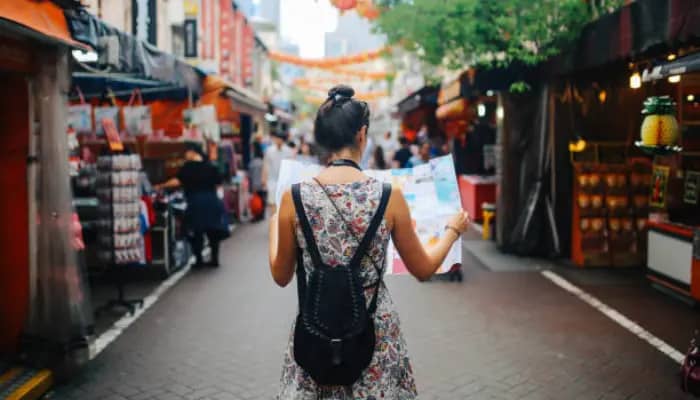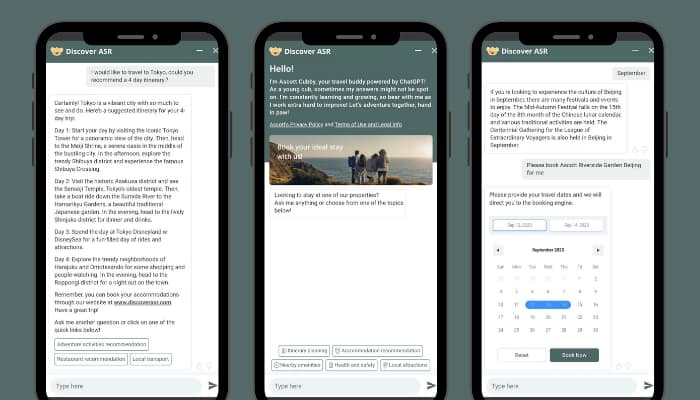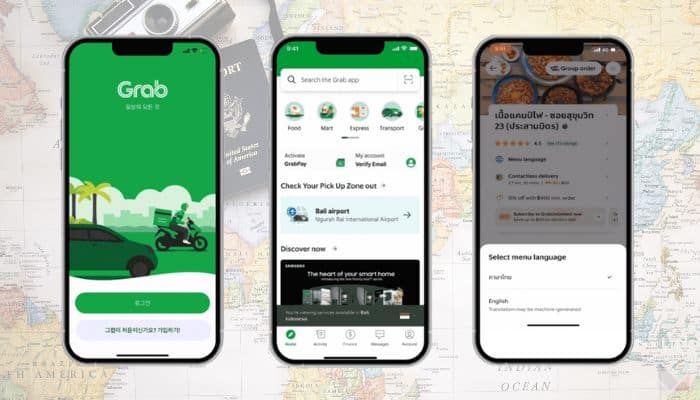Singapore – GrabAds, the advertising arm of Southeast Asian superapp, Grab, has released its latest travel-centric report, showing that around 72% of respondents plan to travel abroad in the next 12 months, jumping from just 39% when borders reopened in 2022, indicating the travel intent has climbed by 84% in just a year.
According to the data provided by GrabAds, brands should take this as an opportunity to switch gears from short-term “revenge travel” campaigns to planning long-term repeat-customer strategies.
The report reveals main factors that justify why this is the case with Southeast Asians, such as families prioritizing ‘stress-free’ options in accommodation, business travelers seeking booking convenience, and travelers wanting certainty upon reaching their destination.
Moreover, the survey states that 78% of respondents are not subscribed to any hotel loyalty programme. Considering that 73% of them plan an average of three leisure trips in the next 12 months, there’s undoubtedly room for repeat business, which the report acknowledges as an opportunity to educate would-be travelers on hotel loyalty programs and associated benefits.
Talking about the report, Jennie Johnson, head of marketing at GrabAds, said, “GrabAds data revealed a massive increase of 84% in international travel intent compared to just one year ago. Last year, brands may have focused on short-term impulse campaigns based on pent-up lockdown FOMO (fear of missing out) – but they now need to shift towards developing long-term relationships with savvy Southeast Asian travelers as they dream, plan, book and experience travel.”
“It could be as simple as maintaining year-round communication with consumers or utilizing online to offline channels to promote the latest offers. For example, the campaign we’ve built with Media Bank Inc. for the Japan Tourism Agency utilizes our Grab fleet and app to creatively target users of our platform. At GrabAds, we look forward to working closely with travel and tourism brands to innovate and provide an exciting, dynamic travel experience for Southeast Asian jetsetters,” she added.










